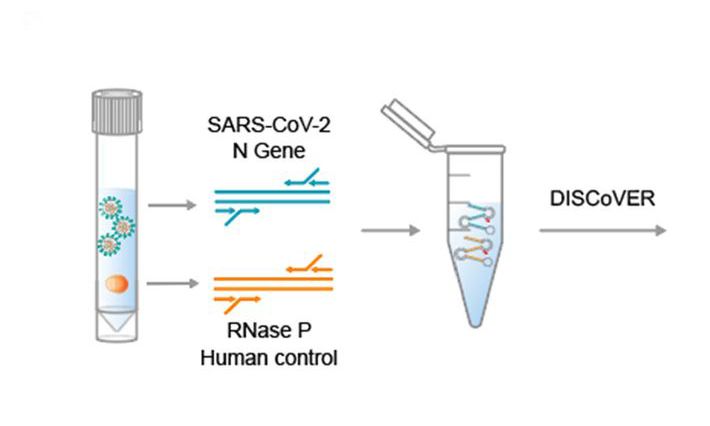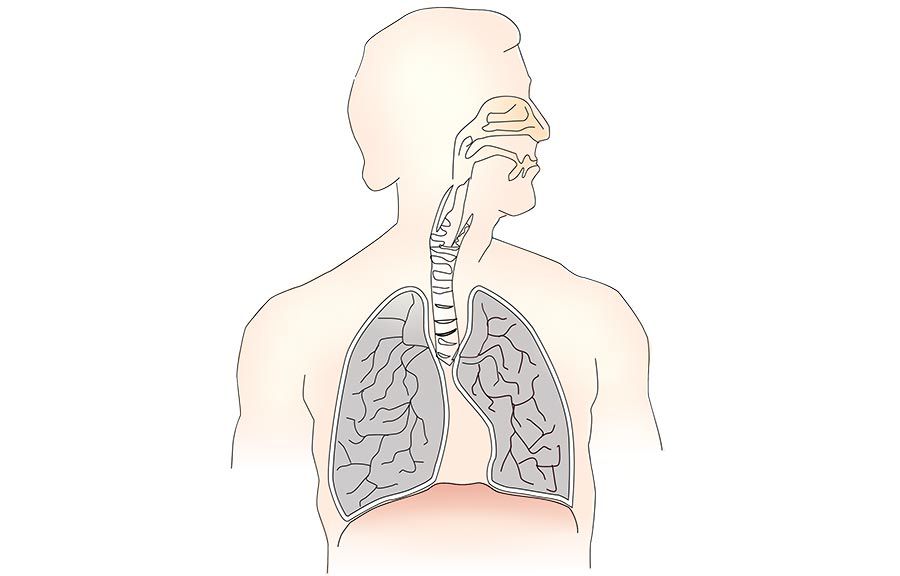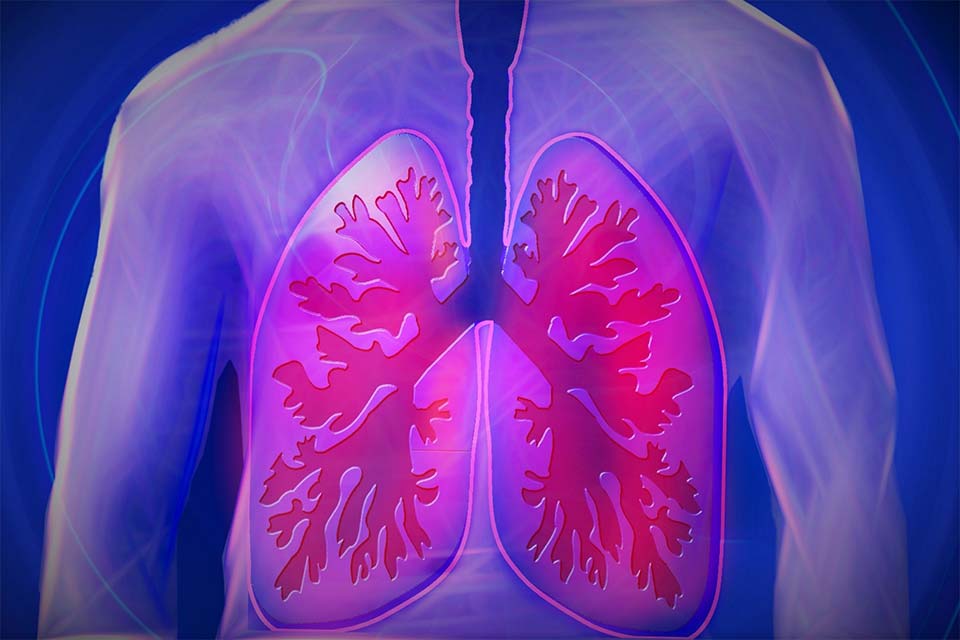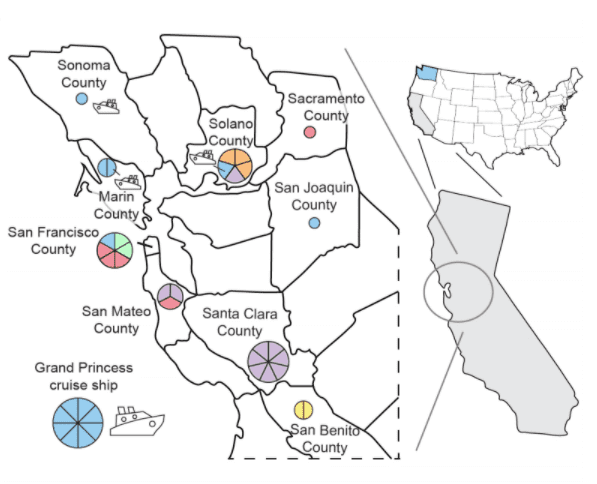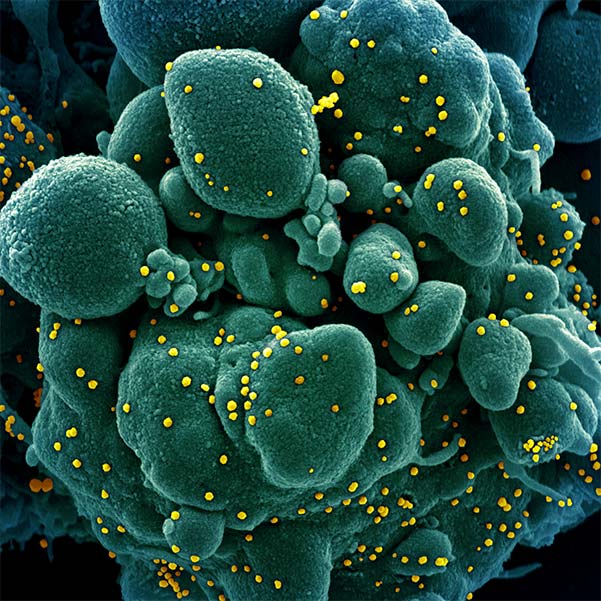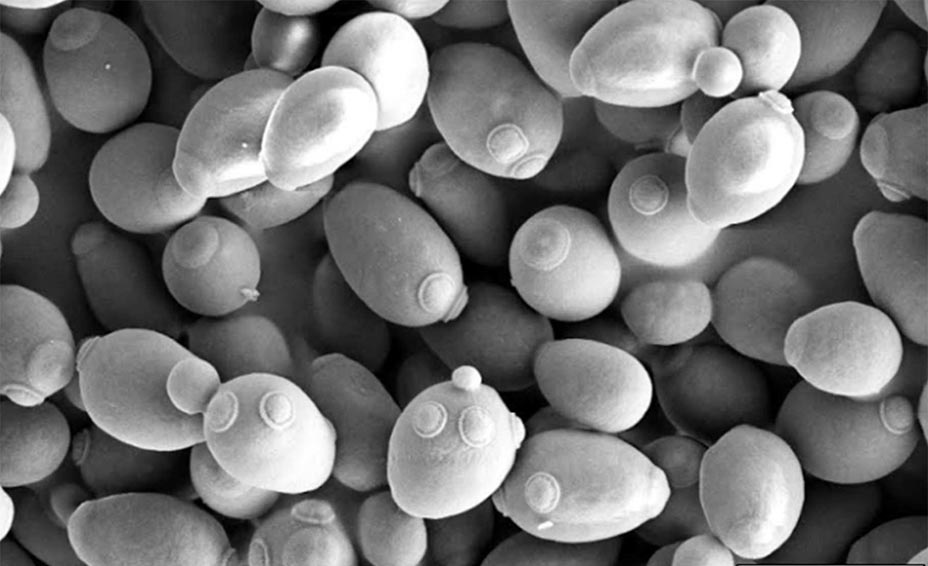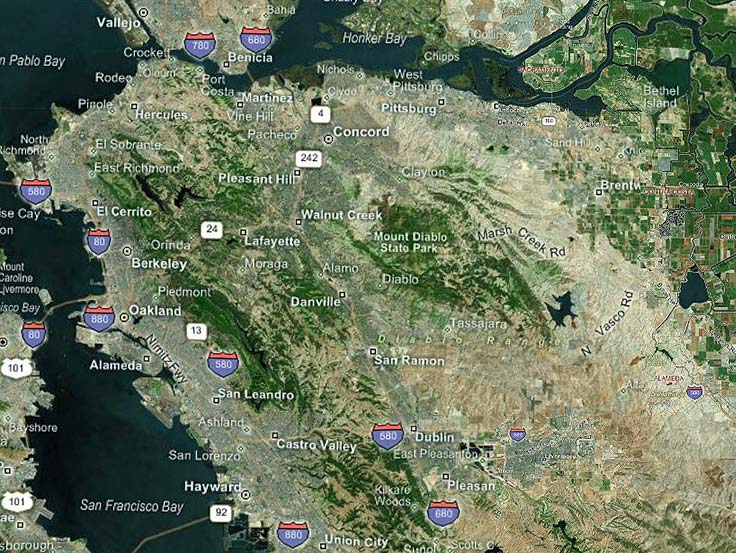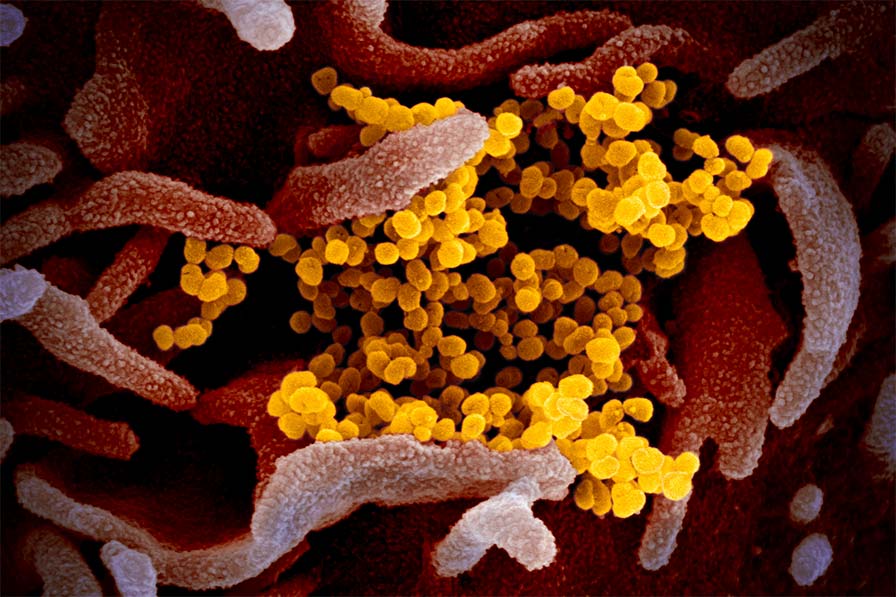Genomics
Institute
Development of antisense oligonucleotide therapeutics for COVID-19
We are developing new treatments for COVID-19 patients with acute respiratory symptoms, using antisense oligonucleotide therapeutics that can be adapted for future disease outbreaks.
SHARE:
Receptor recognition is the first step of viral infection and is a key determinant of host cell and tissue tropism. It has recently been shown that entry of SARS-CoV-2, the virus that causes COVID-19, into lung alveolar cells is facilitated by an interaction of the viral spike (S) glycoprotein with the human ACE2 receptor. Our goal is to prevent the entry of SARS-CoV-2 and the production of infectious viral particles in COVID-19 patients with acute respiratory diseases using inhaled, aerosolized locked nucleic acid (LNA)-modified antisense oligonucleotides (ASOs). Our approach to targeting the Spike and ORF1ab viral RNAs and/or ACE2 host cell mRNA provides a powerful tool to bypass mutagenic adaptation of the SARS-CoV-2 virus, which is a current challenge for antibody-based therapeutic approaches.
We are working to develop this approach into a therapeutic treatment for COVID-19 that can be inhaled or nebulized. Large-scale manufacturing of therapeutic LNA ASOs is well established and success could lead to a new therapeutic strategy for future disease outbreaks.
Share this project:

